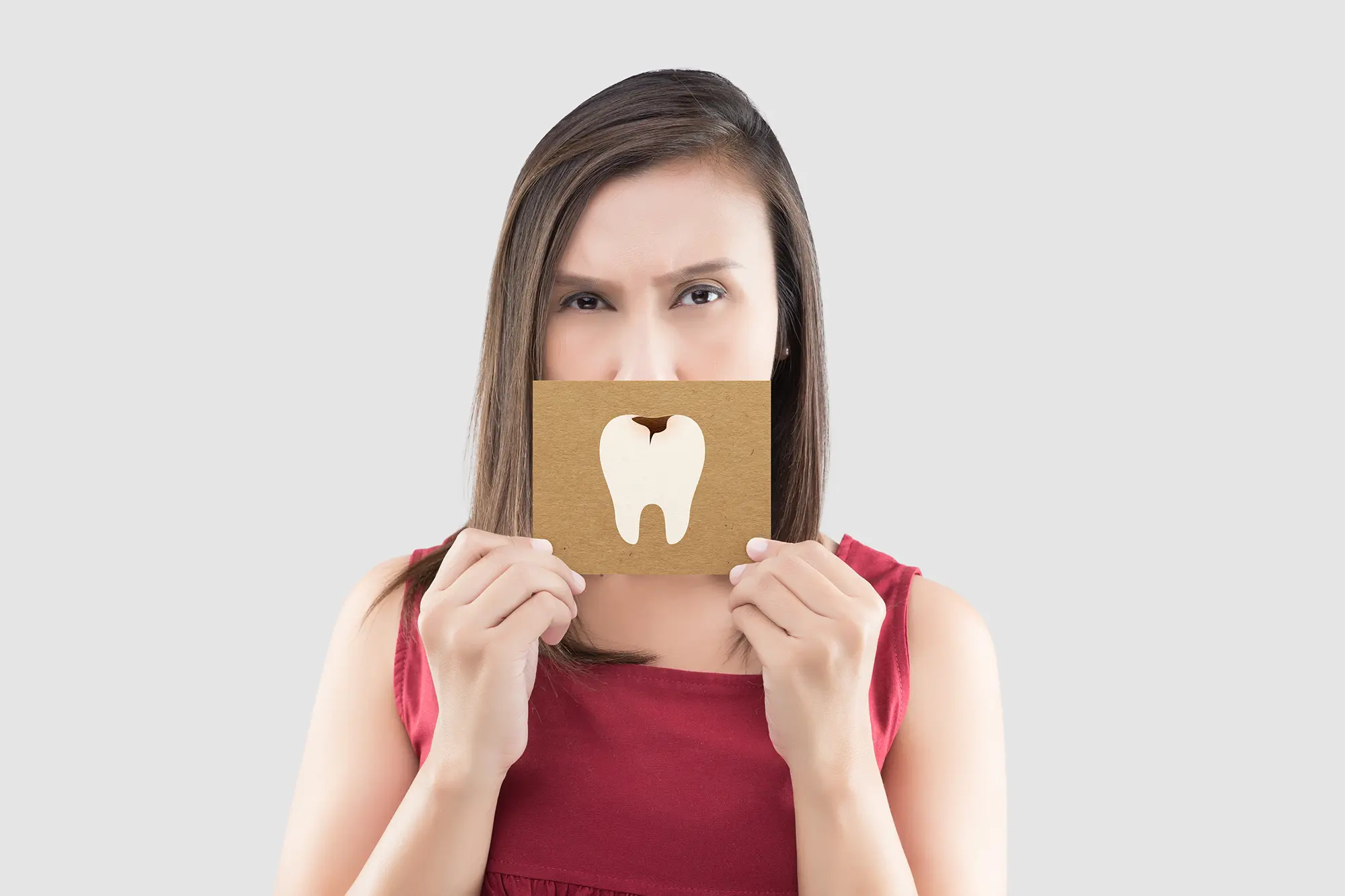Diabetes and dentistry — you may be surprised to find out these two areas of health are actually related.
Since each area of the body is interconnected, it’s not surprising that one area of health can have implications on overall wellness. For example, diabetes is known to affect the eyes, nerves, heart, kidney, and of course, the mouth. In observance of National Diabetes Awareness Month, we’d like to shed light on the connection between your smile and diabetes.
The Basics: What is Diabetes?
Diabetes is a condition marked by high blood sugar, also known as blood glucose. Blood glucose is the body’s main source of energy that comes from the foods you consume. The pancreas creates a hormone, insulin, which helps glucose get into cells for energy.
For patients with diabetes, their body won’t create enough or any insulin, or the body doesn’t use insulin efficiently. As a result, the glucose stays in the blood and can create a wide range of health problems.
This condition is divided into two types, including:
Type 1 Diabetes: Patients with type 1 diabetes don’t make insulin because the immune system attacks and destroys pancreatic cells that are responsible for creating insulin. This type of diabetes is commonly diagnosed early in life.
Type 2 Diabetes: Type 2 diabetes occurs when your body makes insulin, but doesn’t use it well. Type 2 is the most common type of diabetes and can occur at any age.
Your Smile and Diabetes
Symptoms of diabetes can be seen in virtually every area of the body. The most common overall signs include hunger, fatigue, itchy skin, and blurred vision. As far as your dental health, some signs to watch out for include:
- Dry mouth
- Trouble tasting food
- Inflamed gums
- Delayed healing of any wounds
Patients with diabetes should be especially vigilant about their dental health because they are more prone to developing gum disease and other oral problems.
Diabetes causes the thickening of blood vessels, which restricts the flow of blood delivering oxygen and nourishment and the removal of wastes from an area. With less oxygen and removal of wastes, diabetic patients are more susceptible to infections.
If a patient has poor dental hygiene habits, plaque will develop and they are more likely to develop an infection of the gum tissue. Since glucose is also in saliva, high glucose levels will also help bacteria flourish and cause serious dental problems.
Other researchers believe that there is a reciprocal relationship between diabetes and gum disease, meaning that serious gum disease can also have an impact on a patient’s ability to control blood glucose.
Common Risk Factors Between Diabetes and Poor Oral Health
One possible reason there is a connection between diabetes and oral health is the fact that both conditions share common risk factors. Some of the risk factors associated with both diabetes and poor dental health include:
- Poor diet
- Tobacco use
- High blood pressure
- Obesity
Contact Precision Dentistry & Implants
Whether diabetes is a concern for you or not, taking care of your dental health should be a priority! Here at Precision Dentistry & Implants, we offer a variety of services to give you the healthiest smile possible.
To learn more, contact our office today and schedule your next appointment with Dr. Huff!





